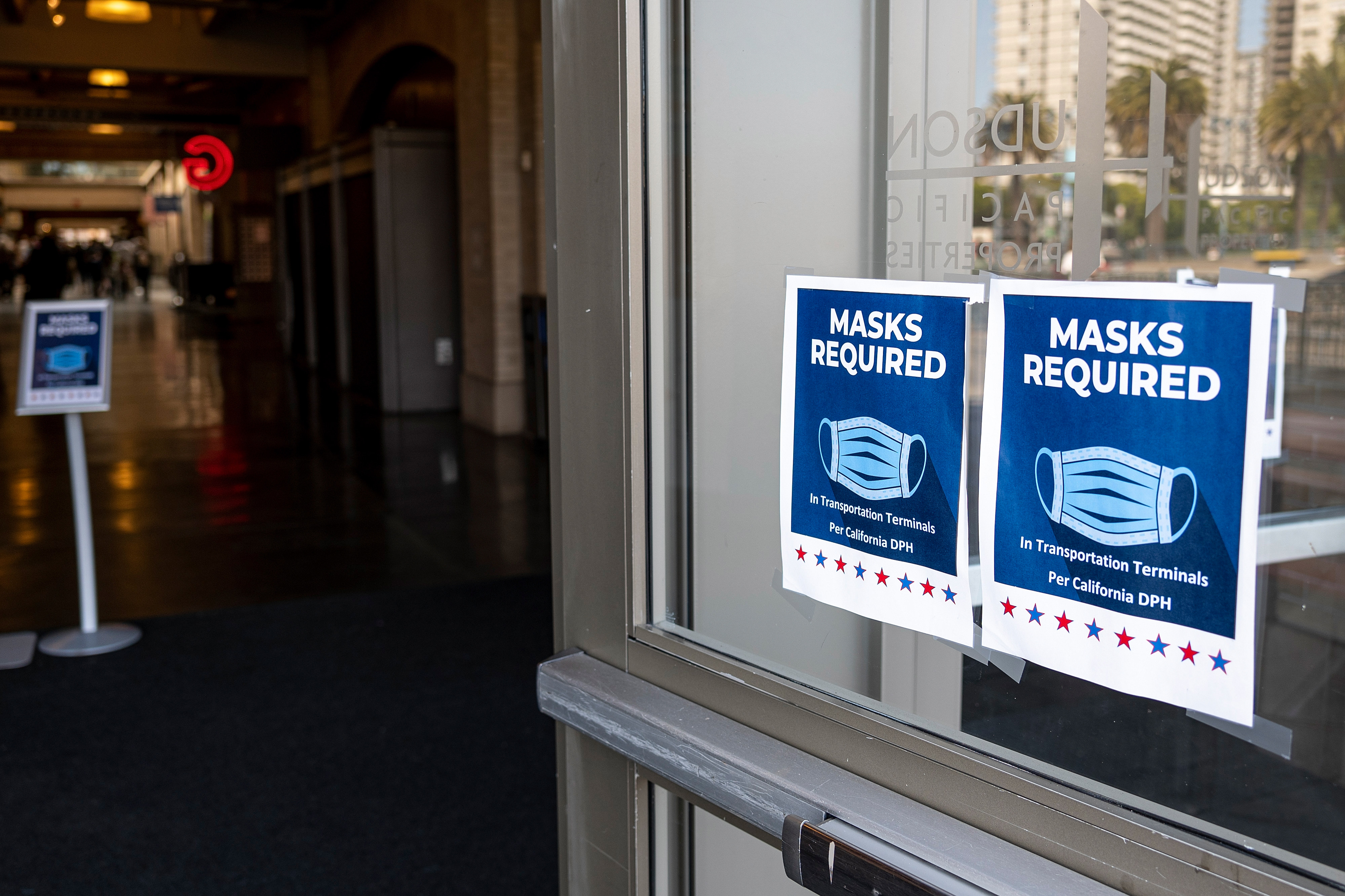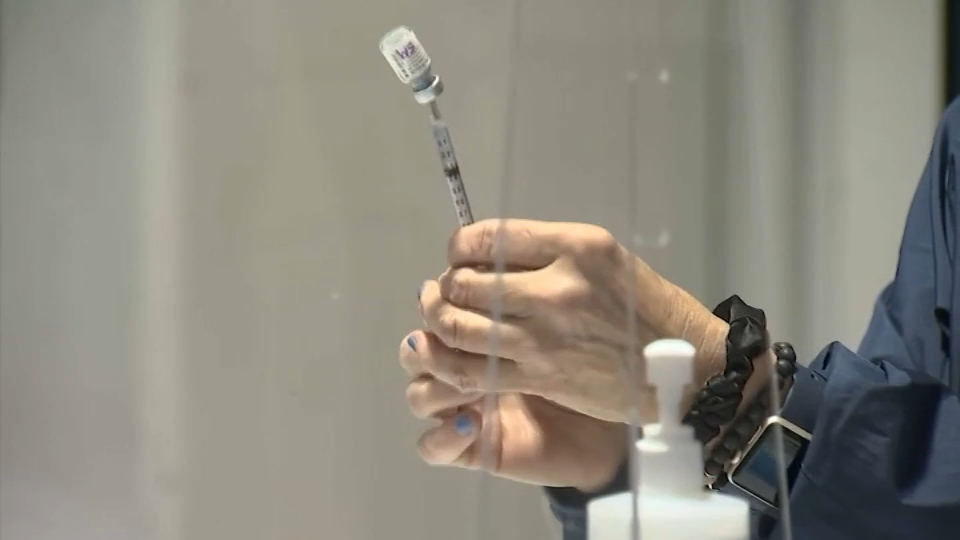The lasts coronavirus case numbers out of San Diego County are sobering.
In the past week alone, 3,465 COVID-19 cases were reported in the county, 82% more cases than the previous seven-day period. Right now, we are seeing around 400 to 500 new cases each day, which is the most since February. COVID hospitalizations are also trending up with patients surpassing 100 on July 6 and 200 on July 20.
The latest data shows that even though vaccines are widely available, the pandemic is far from over.
Related Stories
Get top local stories in San Diego delivered to you every morning. Sign up for NBC San Diego's News Headlines newsletter.
This wave of new cases has pushed the county's case rate to 7.6. That metric used to largely determine a county’s standing in the state’s tiered reopening system which retired on June 15. If it were still in use, San Diego County would be sitting in the red tier, the second-most restrictive tier.
If similar community spread data back then was cause for widespread commercial restrictions, like business capacity limits and indoor operation closures, some are wondering if restrictions could be reintroduced now.
"We still have a big enough percentage of population that is not vaccinated that still helps a variant, like the Delta variant, do what it is doing now,” ear, nose and throat specialist Dr. Paul Schalch Lepe said.
He and other health experts blame the recent spike, in San Diego and across the world, on the fast-spreading Delta variant and lagging vaccination rates.
Dr. Schalch Lepe said bringing back indoor masking, social distancing and other moderately restrictive practices could have benefits.
“At least the indoor masking and the social distancing could be accommodations that would be fairly easily reinstated, and they would probably make a difference,” he said.
But what about others?
The state's old red tier designation indicated a substantial spread of the virus. Indoor gatherings were strongly discouraged, retail and church services had a 50% capacity limit, bars were closed and restaurants were operating at a 25% indoor capacity.
The shops and restaurants in Little Italy combined lost millions over the pandemic and most businesses are still trying to get whole again. The idea of returning to restrictive society is getting some strong opinions.
“I see how quickly it can get out of hand if we don't follow the guidelines and procedures that were put in the place in the first place,” Little Italy visitor Karim Khaliki said. He was excited to be out and about without a mask, but admitted he’s not sure about being bare-faced indoors.
Restaurant Allegro had to close for a time, but survived capacity limits, outdoor dining and staff shortages.
“It was a hard time for every restaurant. Every single business. I think we got hurt a little more, the restaurant business,” Allegro owner Marco Provino said.
Provino said everyone should be taking the COVID-19 vaccine so his industry and others don’t have to go through that again.
“Maybe I am wrong, but we should get a shot of the vaccine to everyone. I think it would be helpful. Maybe not 100%, but at least some protection,” he said.
Schalch Lepe agrees, saying the rising case rates should tell us something.
“We are nowhere near that herd immunity and I don't think we are going to reach any time soon, and now we have a very contagious variant that is taking a hold and taking advantage,” he said.
The new case rate data doesn’t distinguish between vaccinated and unvaccinated.
Statewide statistics from last week indicate unvaccinated people account for more than five times the number of positive cases compared to those who are vaccinated.



